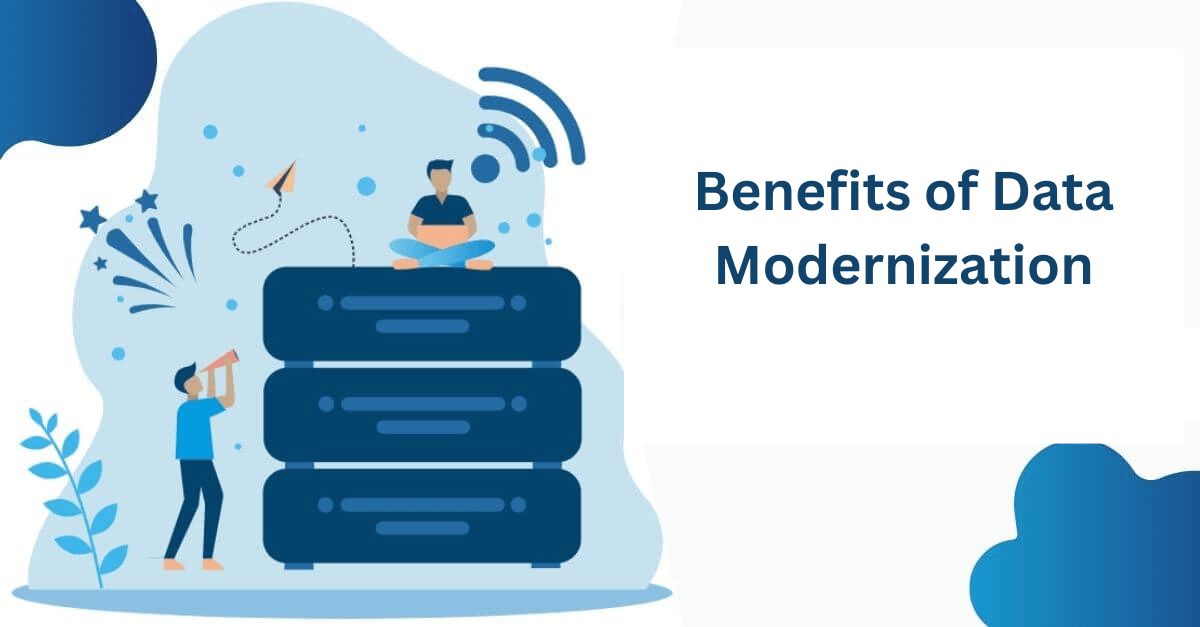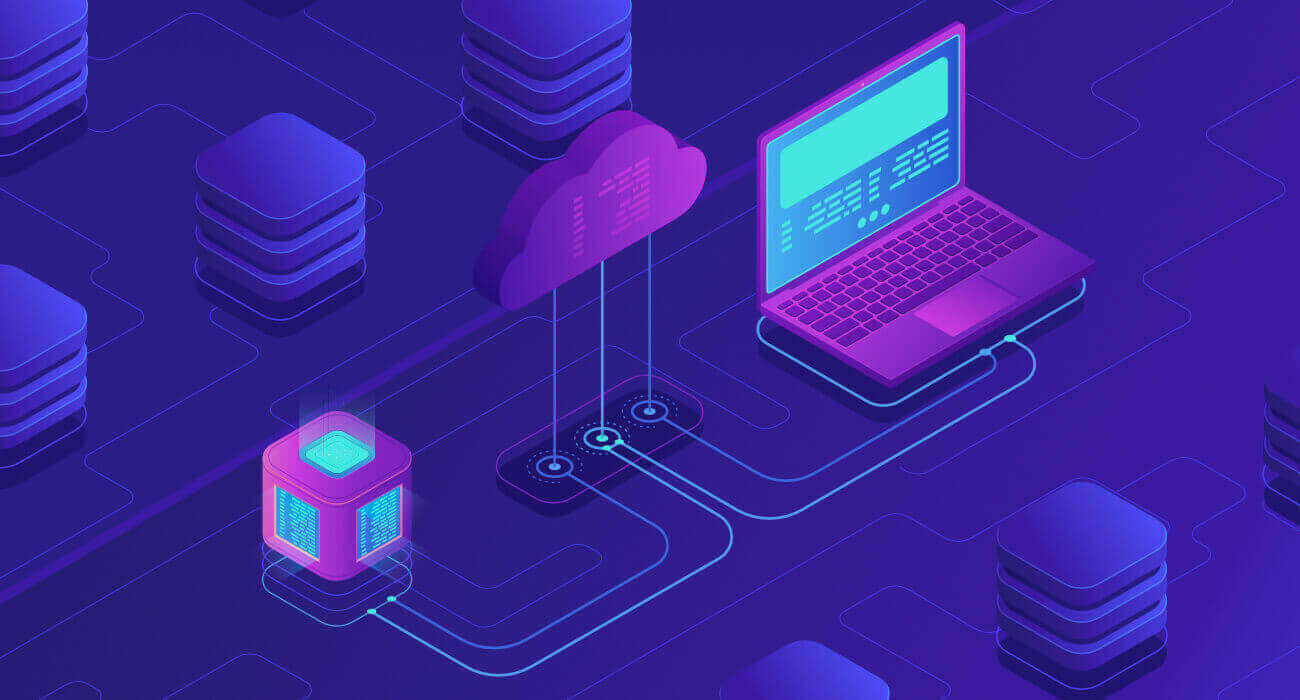The technological age we live in keeps evolving, with new solutions being introduced almost daily. However, one crucial thing that has not changed and will probably never change is data! How we use data is constantly changing. And with the data landscape becoming complex, the demand for a more efficient way of managing data is at an all-time high. Data modernization is a solution that has gained a lot of ground over the past few years and is worth considering.
You might wonder, 'What exactly is data modernization and its benefits?' This blog aims to explore data modernization and its full benefits, so read on!
What is Data Modernization?
Data modernization is rapidly growing as the process of upgrading an organization's data infrastructure. This usually involves converting your data into a more modern format, such as a relational database. It can also include improving the quality of your data by ensuring that it is complete and accurate.
Data modernization can make it easier to use your data with current software. Moreover, you can share your data with others and improve the overall quality of your data. Generally, its goal is to align with an organization's data lifecycle management policy to make data easier to use while reducing costs and ensuring security and privacy.
There are several factors to consider when modernizing data; these include:
- The volume and variety of data
- The current infrastructure,
- The business needs.
Working with experienced data professionals is essential to ensure a successful modernization project. These people must be able to assess the situation and recommend the best course of action.
Several companies provide data modernization services, and they help organizations modernize their data. Hexaware is one of the top service providers for data modernization. They use an excellent data modernization strategy to help organizations modernize their data. These include data segmentation, migration, quality management, data governance, and security.
They have a team of experts experienced in working with all types of data, from legacy systems to cloud-based applications. They can assess your data and identify the areas that need modernization. Also, they offer training and support to help you get the most out of your data modernization project.
Benefits of Data Modernization
Now that you know data modernization and its need in today's world. Let's take a look at some of the benefits it offers:

1. Improves Efficiency in Data Processing
One of the biggest benefits of data modernization is that it can help improve data processing efficiency. Data modernization enhances efficiency by enabling organizations to use their data better. They can do this through data mining, warehousing, and visualization.
Organizations can also improve their data mining quality and accuracy by modernizing data. They can also make better decisions based on data-driven insights.
Converting data to a more modern format can be faster to process, saving time and resources. Additionally, modernizing data can help to improve compatibility with new systems and software. Updating data to a more compatible format can be easier to integrate new systems and avoid compatibility issues.
Finally, it can improve security by converting data to a more secure format. This can help to protect data from cyber attacks like social engineering and ransomware.
2. Enhances Business Growth
Data modernization can help businesses to enhance their growth in many ways. First, it can help companies to improve their decision-making processes. Businesses with more accurate and up-to-date information can better think of the way forward.
It can help businesses to improve their operational efficiency by automating tasks. Also, it can help companies to understand their customers and markets better. This can lead to improved customer service in some ways. These include faster response times, better customer service quality, and more personalized service.
With better customer data, businesses can provide excellent possible service, improving customer satisfaction. In short, data modernization can be a powerful tool for business growth.
3. Improves Accessibility
Data modernization can improve accessibility in several ways. For example, it can make data more available to users and enhance data quality. When data is more accessible, it can be used better to support decision-making. In turn, this can lead to enhanced organizational performance.
Also, data modernization can make data more easily searchable and understandable. So, users can find the information they need faster.
It also improves data accessibility in several ways. One common approach is converting data to a more user-friendly format. This can make it easier for users to access and manipulate data. Another method is improving data management processes so that data is more organized and easy to find.
4. Enables the Use of Reliable Databases
Data modernization enables the use of reliable database and data warehouse which makes it possible to store data in a format that is easily accessible and can be quickly analyzed. By improving data quality, data modernization can reduce the risk of errors. It can also improve the overall reliability of databases.
Further, it allows organizations to make better decisions based on accurate information. And it can help reduce the costs of data storage and retrieval.
5. Accepts Cloud Benefits
Data modernization allows organizations to enjoy cloud benefits. Cloud migration services like Belitsoft can scale their data infrastructure more quickly to meet changing needs. Also, they can be more flexible in accessing and using data and save money on data storage and processing costs. These benefits can give organizations a competitive edge in today's data-driven world.
Top 5 hovedårsager til nedsat potens besøg web. Kernen i erektionsproblemer er psykologiske eller organiske årsager, som ofte kombineres med hinanden. Stress og psykologiske problemer
Conclusion
Today, organizations are facing several challenges concerning their data. Data is ubiquitous, diverse, and growing at an exponential rate. However, with data modernization, organizations can use old and new data to create new services. And those new products and services can help you stay ahead of the competition.














Leave a Reply